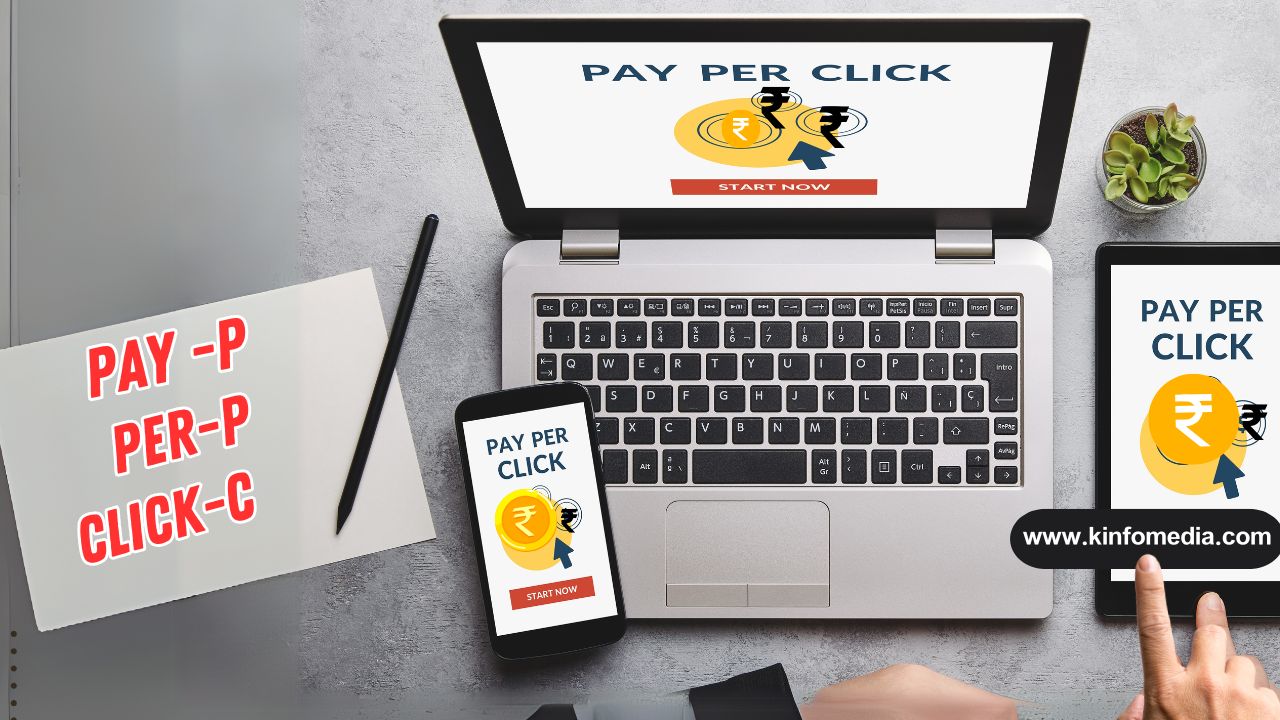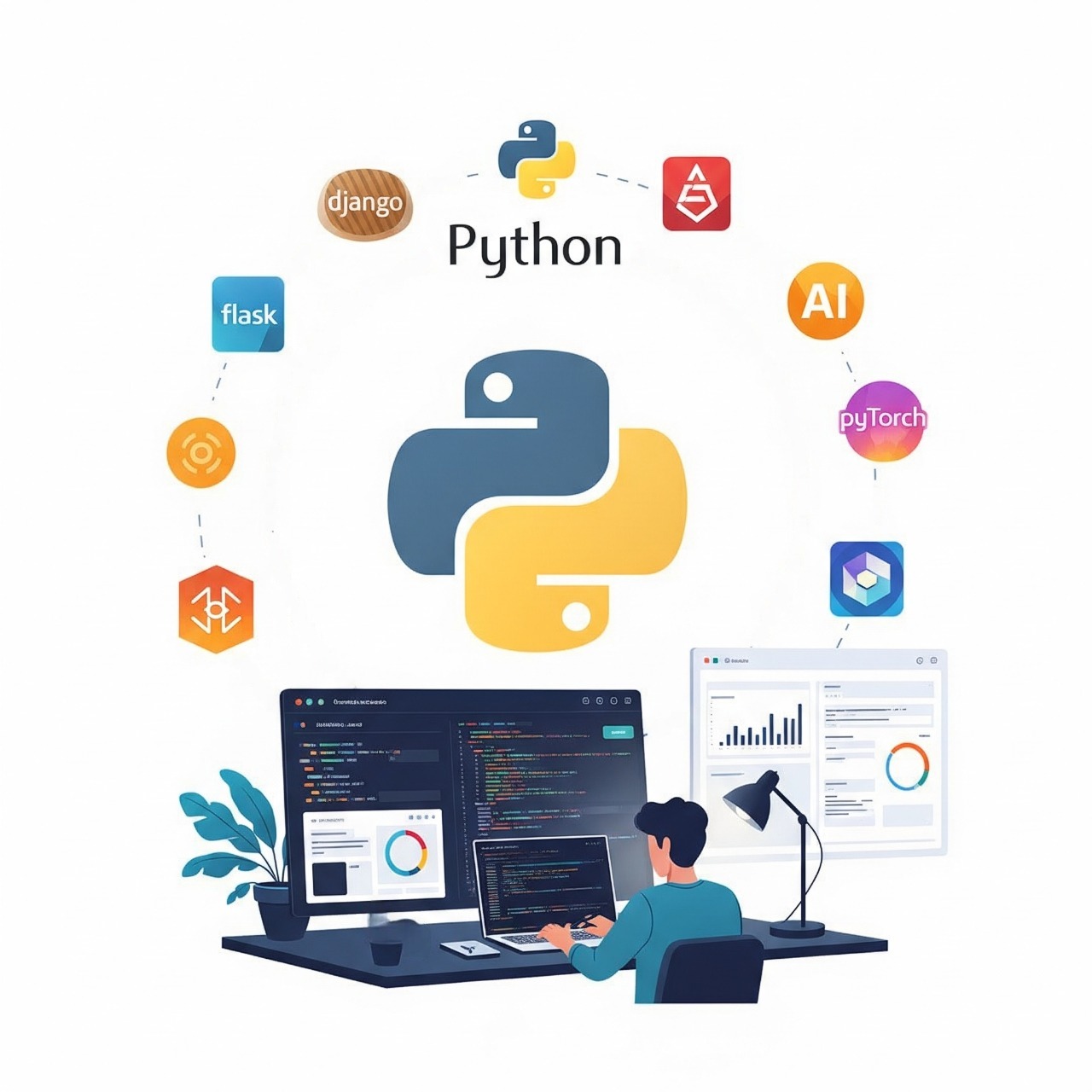Imagine this: You search for “best running shoes” on Google. Before you even scroll, you see a couple of ads at the top, showcasing top-rated shoes with enticing discounts. Within seconds, you click on one, browse the store, and maybe even make a purchase. That’s PPC (Pay-Per-Click) advertising in action!
In today’s fast-paced digital world, PPC advertising is one of the most effective ways for businesses to drive targeted traffic, increase brand visibility, and boost sales. But how exactly does it work, and why should businesses invest in it? Let’s break it down in a simple, conversational way.
What is PPC Advertising?
PPC (Pay-Per-Click) is a type of online advertising where businesses pay a fee each time someone clicks on their ad. Instead of waiting to rank organically on search engines, PPC gives businesses an instant boost by placing their ads right in front of potential customers.
The most popular platforms for PPC include:
- Google Ads (for search and display ads)
- Facebook & Instagram Ads (for social media targeting)
- YouTube Ads (for video marketing)
- LinkedIn Ads (for B2B marketing)
How Does PPC Work?
Here’s how a typical PPC campaign works:
- Keyword Selection: Businesses choose relevant keywords that their potential customers might search for.
- Bidding: Advertisers bid on these keywords to determine their ad placement.
- Ad Creation: Engaging ads are designed with eye-catching headlines, compelling descriptions, and strong CTAs (Call-to-Action).
- Ad Display: When someone searches for the targeted keywords, the ad appears at the top of the search results or on social media feeds.
- Pay Per Click: If a user clicks the ad, the advertiser pays a small fee, but gains a highly targeted visitor.
Why PPC is Essential in Today’s Market
1. Instant Visibility
Unlike SEO, which takes time to show results, PPC ads appear instantly, ensuring businesses get immediate exposure. This is crucial for new businesses or those launching a time-sensitive offer.
2. Targeted Audience Reach
With PPC, businesses can target users based on location, interests, demographics, and even online behavior. This means you’re reaching the right audience, not just anyone browsing the internet.
3. Budget Control
One of the biggest advantages of PPC advertising is budget flexibility. Whether you have a small or large budget, you can set daily spending limits, ensuring you don’t overspend.
4. Higher Conversion Rates
Since PPC targets users who are actively searching for a product or service, conversion rates are generally higher compared to other forms of advertising.
5. Performance Tracking & Optimization
PPC platforms provide detailed analytics, allowing businesses to track impressions, clicks, conversions, and ROI. This data helps refine campaigns for even better results.
How Kinfomedia Can Help with PPC Advertising
Managing PPC campaigns requires expertise, and that’s where Kinfomedia comes in. As a leading IT solutions provider, Kinfomedia specializes in PPC advertising, helping businesses optimize their campaigns for maximum ROI.
Here’s what Kinfomedia offers:
- Keyword research & competitor analysis
- High-converting ad copy & design
- Bid management & budget optimization
- A/B testing for better results
- Performance tracking & reporting
Final Thoughts
PPC advertising is a game-changer in today’s digital marketing landscape. Whether you’re a small business looking to gain quick visibility or a large company wanting to dominate search results, PPC is a must-have strategy.
If you want expert guidance on PPC advertising, Kinfomedia is here to help. Get started today and watch your business grow—one click at a time!





Leave a Reply